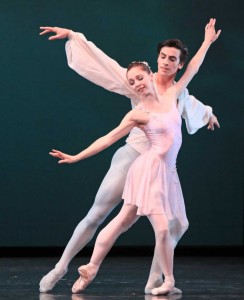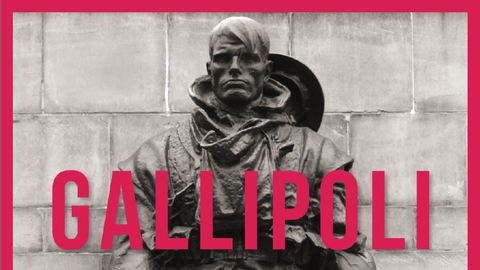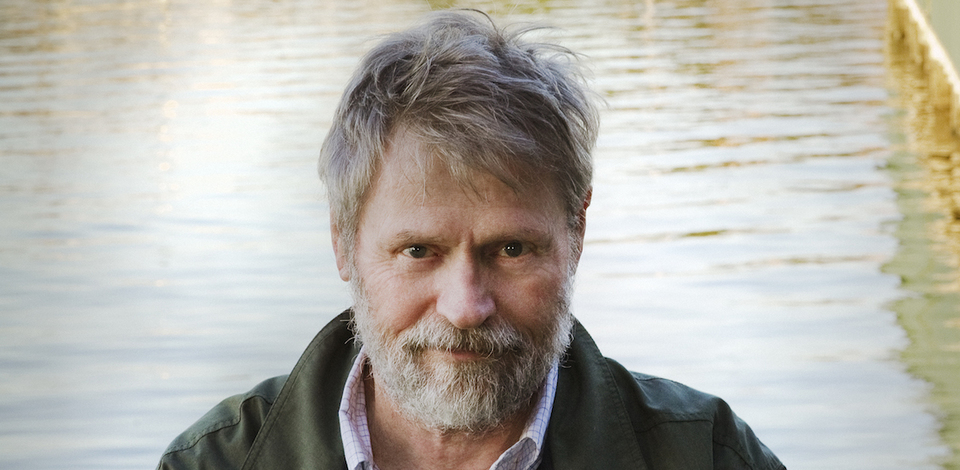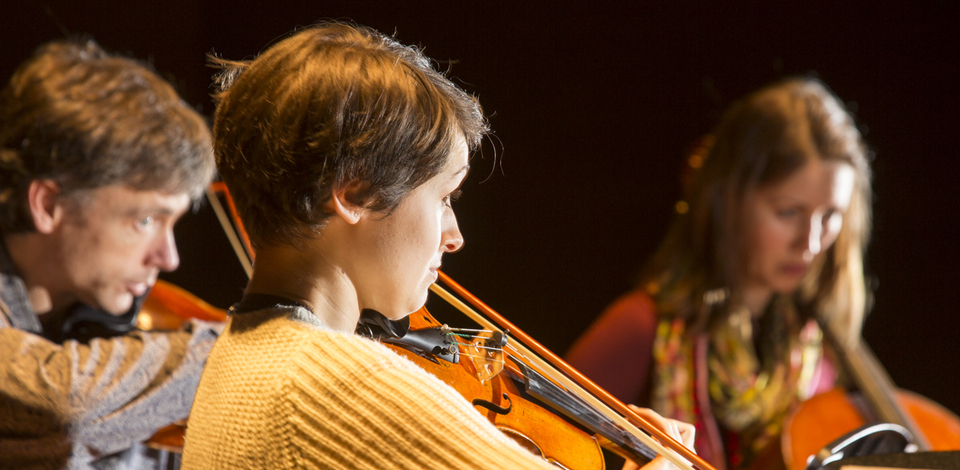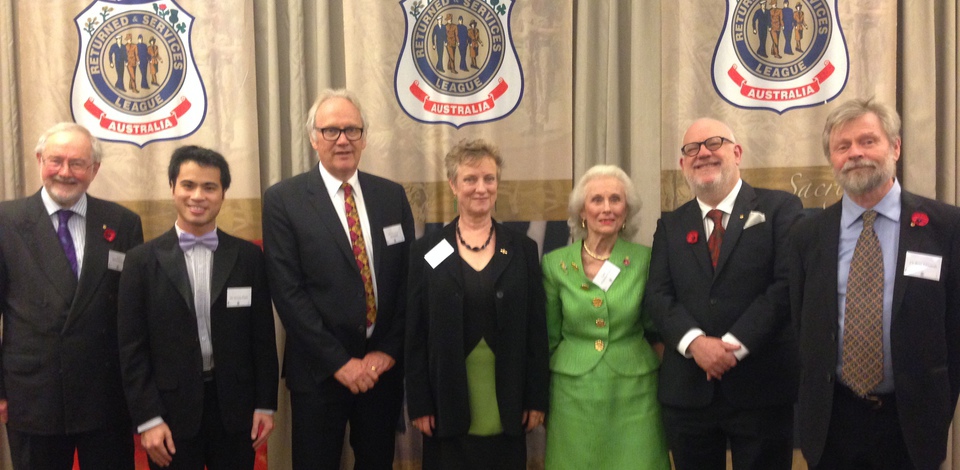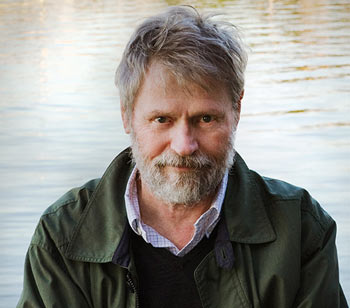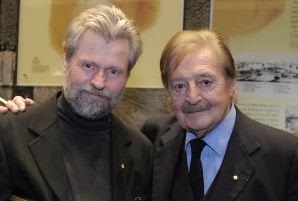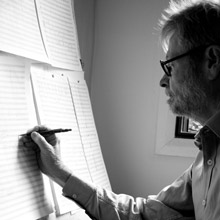In preparation for the 100th Anniversary of the ANZAC landings at Gallipoli in 2015, The Ian Potter Cultural Trust has launched the composition of a special musical tribute for the occasion.
Lady Potter AC and Frà Professor Richard Divall AO, OBE, together with The Ian Potter Cultural Trust and Monash University, are delighted to announce a special commemorative tribute recording to mark the forthcoming centenary of the Gallipoli landings in 1915.
The album Gallipoli – A Tribute, is dedicated to the RSL Australia, RSA New Zealand and Legacy. Gallipoli – A Tribute features a beautiful, moving new composition by Ross Edwards, Gallipoli for String Quartetperformed by the Australian String Quartet, commissioned for the occasion by The Ian Potter Cultural Trust.
This new work sits alongside poetry and prose readings by actors Sam Neill DCNZM OBE and John Bell AO, as well as a collection of instrumental works and songs performed by leading musicians: Paul Grabowsky AO, Hoang Pham, Caroline Almonte, Christopher Latham, Dimity Shepherd, Stefan Cassomenos, Christopher Latham and Merlyn Quaife, as well as the Choir of Newman College, (The University of Melbourne), the Tasmanian Symphony Orchestra and Lance Corporal David Wood ADF, who plays The Last Post. Each work has been carefully chosen to remind us of the sacrifice and courage of those who fought at Gallipoli. As a collection, the recording evokes the hardship and tragedy of this campaign, but also mateship, compassion, and the legacy of respect and honour that endures and strengthens with the passing years.
Every piece and performance on the album has been donated by the artists and authors: testament to both their personal generosity and the great significance of this occasion for the people of Australia and New Zealand. Lady Potter and Professor Divall wish to sincerely thank the artists and many supporters of this special project for the tremendous support that has made this tribute possible.
DOWNLOAD your free copy of GALLIPOLI – A TRIBUTE from our Bandcamp page.
Copies of the CD will be available through Legacy, the RSL, the RSA and other organisations. Details to follow soon.
“As we approach the 2015 centenary of the Gallipoli landings, this evocative CD of poetry, prose and music is a fitting tribute to the men of the Australian and New Zealand Army Corps who fought side by side during that fateful campaign.”
– Lt Gen The Rt Honourable Sir Jerry Mateparae, GNZM, QSO, Governor-General of New Zealand
“This CD is a poignant way of honouring the members of the Australian and New Zealand Army Corps (ANZAC) who stormed the shores of Gallipoli 100 years ago. Since this time, their heroics, selflessness and demonstrations of mateship have inspired Australians and New Zealanders and helped define our national ideals.”
– His Excellency General the Honourable Sir Peter Cosgrove AK MC (Retd), Governor-General of the Commonwealth of Australia
Track list: Gallipoli – A Tribute
The Last Post (17th c).
Performed by Lance Corporal David Wood, Australian Defence Force.
The Ode – Age Shall Not Weary Them from For The Fallen (1914) by Laurence Binyon CH (1869-1943)
Read by John Bell.
Gallipoli for String Quartet (2014) by Ross Edwards (1943- )
Performed by The Australian String Quartet: Kristian Winther and Ioana Tache, violins, Stephen King, viola and Sharon Draper, cello.
Gallipoli (1918), poem by Dame Mary Gilmore (1865-1962)
Read by John Bell.
Elegy – ‘In Memoriam of Rupert Brooke’ (1915) by Frederick Septimus Kelly DSC (1881-1916)
Performed by Tasmanian Symphony Orchestra. Conducted by Johannes Fritsch. Jun Yi Ma, solo violin.
The Soldier (1914) by Rupert Brooke (1887-1915).
Read by John Bell.
Two monographs for solo piano (1915-6) by Frederick Septimus Kelly
Performed by Hoang Pham, piano.
Chorale from The Australian suite for piano and choir (1915) by Henry Tate (1873-1926)
Performed by the Choir of Newman College, The University of Melbourne, conducted by Gary Ekell.
Tribute to the ANZACs on Gallipoli (1934) by Mustafa Kemal Atatürk (1881-1938)
Read by Sam Neill.
Sonata for Violin and Piano in G major The Gallipoli Sonata (1915) by Frederick Septimus Kelly
Performed by Christopher Latham, violin and Caroline Almonte, piano.
The Tribute – A musical interpretation of the memorable address of the Bishop of Amiens (1919) by Ernest Truman (1869-1948)
Performed by Dimity Shepherd, mezzo-soprano and Stefan Cassomenos, piano.
Two monographs for solo piano (1915-6) by Frederick Septimus Kelly
Performed by Paul Grabowsky, piano.
We Will Remember Them – Motet from the Mass For The Fallen (2014) composed by
Fr Christopher Willcock SJ (1947 – )
Performed by Merlyn Quaife, soprano, Choir of Newman College, The University of Melbourne. David MacFarlane, organ. Conducted by Gary Ekell.
Starting Over, poem by Anna McKenzie
Read by Sam Neill.
The Last Post (17th c).
Performed by Lance Corporal David Wood, ADF.
Note: Gallipoli for String Quartet will be performed by The Australian String Quartet as part of their Remember Tomorrow national tour in February/March 2015. Click here for tour details.
Read more
